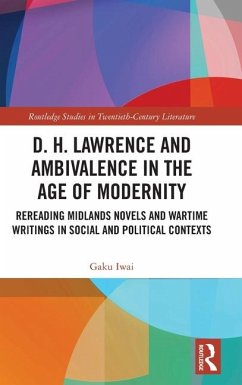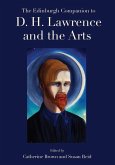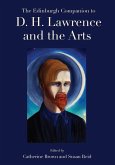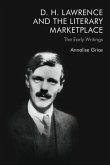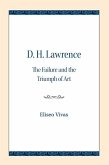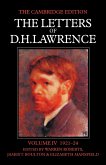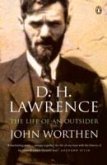D. H. Lawrence is renowned for his scathing criticism of the ruling class, industrialisation of the country and wartime patriotism. However, his texts bear the imprint of contemporary dominant ideologies and discourses of the period. Comparing Lawrence's texts to various major and minor contemporary novels, journal articles, political pamphlets and history books, this book aims to demonstrate that Lawrence's texts are ambivalent: his texts harbour the dynamism of conflicting power struggles between the subversive and the reactionary. For example, in some apparently apolitical texts such as The White Peacock and Movements in European History, reactionary ideologies and wartime propaganda are embedded. Some texts like Lady Chatterley's Lover are intended to be a radical critique of the period wherein it was composed, but they also bear discernible traces of the contemporary frame of reference that they intend to subvert. Focusing on Lawrence's stories and novels set in the mining countryside and the works composed under the impact of the First World War, this book establishes that Lawrence's texts in fact consist of multiple layers that are often in conflict with each other, serving as a testimony to the age of modernity.
"Gaku Iwai tactfully achieves his aim of the book by presenting a fresh interpretation of a clichéd remark that Lawrence's texts are "ambivalent, multilayered and overdetermined" by aptly placing them in the social and political Zeitgeist. He is particularly successful in discussing Lawrence's wartime writings, showing how intimately they are intertwined with the atmosphere of the age by closely examining his long-neglected history book, Movements in European History. He skillfully shows that Lawrence's exquisite encapsulation of the conflicting voices of the age makes his works a profound testimony of modernism."
--Masashi Asai, Emeritus Professor at Kyoto Tachibana University, Japan
"This new book by Gaku Iwai is a great addition to D. H. Lawrence's scholarship worldwide from which both scholars and students will benefit. It discusses in detail a central aspect of Lawrence's works within a leitmotiv of British Culture in the early 20th century, the vital and tormented conflicts within social classes and the profound social and cultural changes overcoming British society at that time. With an accurate analysis of most of Lawrence's works, spanning from the early novels and short stories to Lady Chatterley's Lover and taking into account a seminal work like Movements in European History, Gaku Iwai's book highlights a central, conflicting aspect in Lawrence's aesthetics, that is multiple ideological forces and perspectives within his oeuvre, unfolding his modernity as a writer appealing to the new generations."
--Stefania Michelucci, Professor at University of Genoa, Italy
--Masashi Asai, Emeritus Professor at Kyoto Tachibana University, Japan
"This new book by Gaku Iwai is a great addition to D. H. Lawrence's scholarship worldwide from which both scholars and students will benefit. It discusses in detail a central aspect of Lawrence's works within a leitmotiv of British Culture in the early 20th century, the vital and tormented conflicts within social classes and the profound social and cultural changes overcoming British society at that time. With an accurate analysis of most of Lawrence's works, spanning from the early novels and short stories to Lady Chatterley's Lover and taking into account a seminal work like Movements in European History, Gaku Iwai's book highlights a central, conflicting aspect in Lawrence's aesthetics, that is multiple ideological forces and perspectives within his oeuvre, unfolding his modernity as a writer appealing to the new generations."
--Stefania Michelucci, Professor at University of Genoa, Italy

